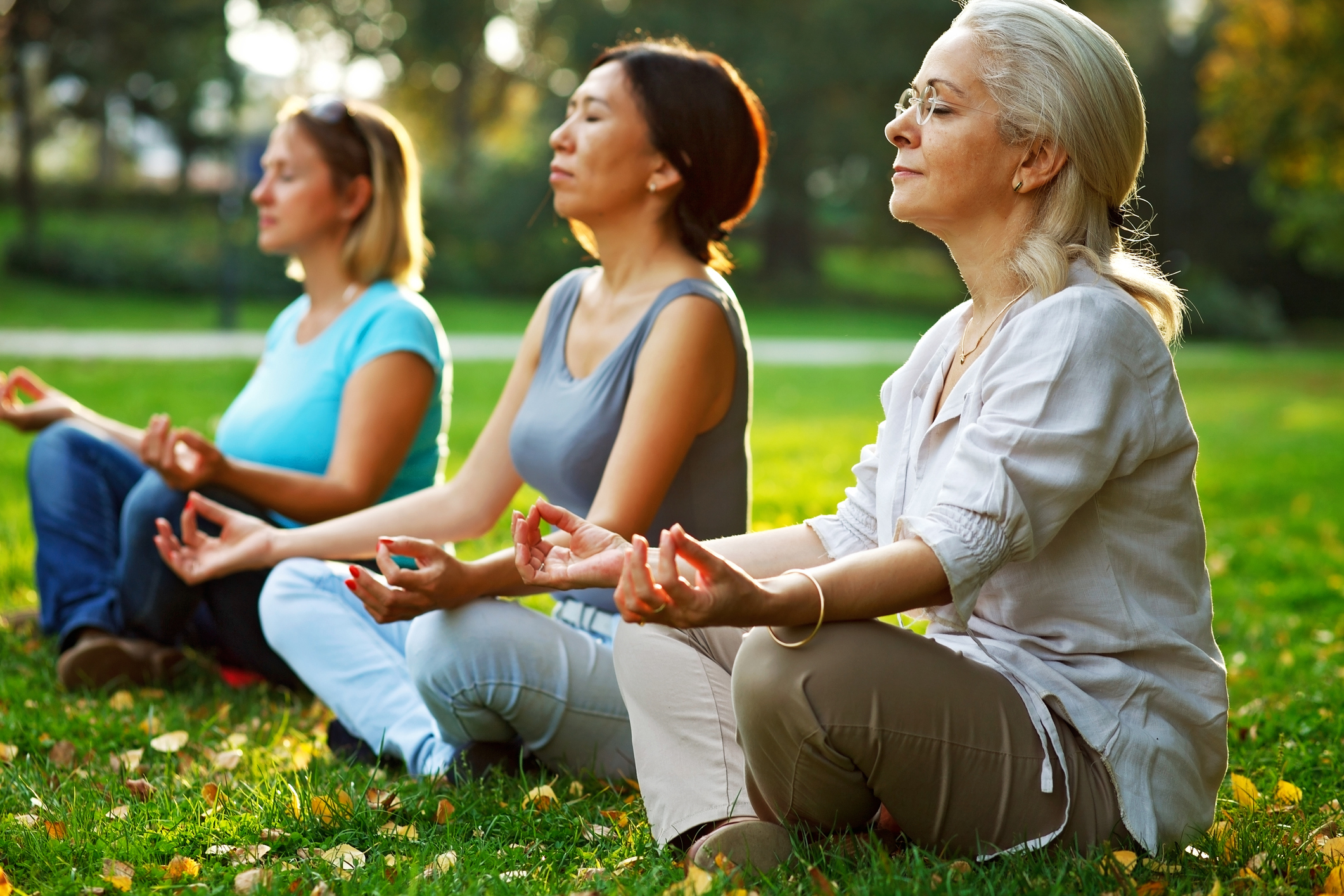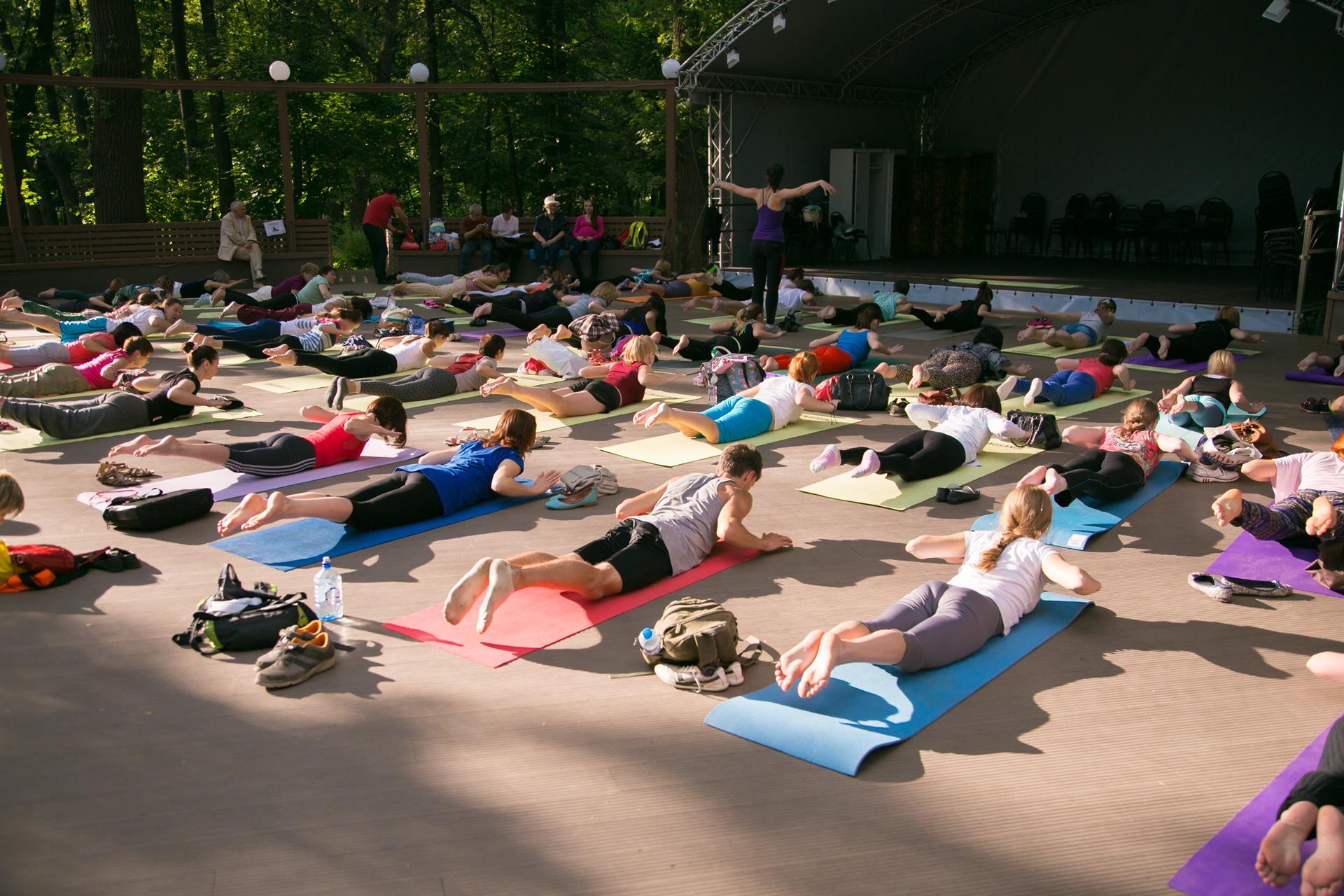The Science and Art of Long Life
As the pursuit of a longer, healthier life becomes a universal aspiration, India stands at the cusp of a wellness revolution with the rise of holistic medicine. Integration of traditional wisdom with modern science can enhance quality of life, minimise disability, and redefine aging.
By Abhigyan K. Tiwary
It is a fundamental human instinct to desire a life that extends as long as possible, a yearning that goes beyond mere survival to encompass living healthily, feeling well, looking good, remaining productive, and continuing to be of use to others throughout our years, a concept elegantly termed ‘Positive Wellness’ that holds the promise of being achievable at any stage of life with little to no disability burden or with conditions that are easily manageable through thoughtful care.

Modern medicine, despite its remarkable advancements, currently offers no definitive methods to arrest or reverse the biological processes of aging or the myriad diseases that arise as a consequence of growing older, leaving a gap that the emerging field of anti-aging seeks to fill with a blend of science and art aimed at preventing, minimising, or even reversing the biological effects of aging to enable individuals to lead healthier, happier, and more productive lives for as long as possible.
According to statistics from the World Health Organization (WHO), the average life expectancy at birth in India has shown a steady rise, moving from 57 years in 1990 to 61 years by 2000, and further climbing to 65 years in 2009, a figure that trails the current global average of 68 years while Japan leads with an impressive 83 years, suggesting a trend where each decade brings an additional four years of life, hinting that in the near future, an increasing number of people in this country may live to a hundred years or beyond, a prospect that mandates this extended longevity be underpinned by better health, reduced reliance on medication, and an enhanced quality of life (QOL) to truly benefit society.

The Drivers of Increased Lifespan
The remarkable increase in lifespan can be attributed to a variety of factors that reflect improvements in societal and individual conditions, including greater affluence that supports better living standards, enhanced educational opportunities that foster health awareness, access to healthier nutrition that nourishes the body, improved sanitation and hygiene practices that prevent disease, safer working environments that reduce occupational hazards, the successful prevention and cure of infectious diseases that once plagued humanity, and the availability of superior medical facilities that address acute health needs.
Yet, alongside these gains, it becomes imperative to recognise the limitations inherent in modern medicine, which often falls short in fully addressing the emerging threats to our well-being posed by lifestyle-related disorders, viral infections, and the physical toll of aging, challenges that demand a more holistic approach to sustain the health gains already achieved. By acknowledging these shortcomings, we can significantly enhance the efficacy of healthcare for the elderly by judiciously reducing our dependence on the symptomatic relief provided by conventional medicine. Instead, we need to turn to the time-tested wisdom of officially recognised traditional health systems that offer harmless, drug-free modalities capable of reversing the effects of aging and potentially curing or arresting diseases linked to the aging process. It paves the way for a more balanced and effective healthcare paradigm.

The Promise of Holistic Medicine
An all-inclusive integrative approach known as ‘Holistic Medicine’ therapy has emerged as a powerful tool, incorporating a range of drug-free modalities that work synergistically to promote well-being, including meaningful lifestyle modifications guided by the principles of yoga such as cultivating a restful mind, fostering positive thoughts, ensuring good sleep, eliminating stress, practicing beneficial breathing techniques, adopting healthy nutrition habits, initiating regular physical exercise routines, undergoing panchakarma for detoxification, exploring all forms of acupuncture therapy, and supporting these efforts with psycho-hypnotherapy for chronic refractory diseases. All these help create a comprehensive strategy to combat the effects of aging.
The traditional Indian and Chinese philosophies of health perceive each human being as a microcosmic reflection of the universal macrocosm, envisioning intricately organised networks of energy, information, and intelligence that dynamically interact with our environment, possessing an infinite capacity for transformation and renewal while continuously replacing old body tissues according to a predetermined cycle, a perspective that encourages us to minimise disease burden, improve overall health, and complement conventional medical care with a conscious awareness of this natural phenomenon. This awareness empowers us to decelerate, arrest, and even reverse to a notable extent the relentless progression of the biological clock, enhancing our health at any age and restoring a state of positive health and total wellness, with the adage “Earlier the Better” serving as a guiding principle for timely intervention.
“By holistic medicine, it is possible to reverse aging”
In an interview with Double Helical, Dr (Prof) Ravinder K. Tuli, Chief Consultant Holistic Medicine and Founder of the Society for Holistic Advancement of Medicine (SOHAM), elaborates on the complementary benefits of Holistic MediCare. He explains how it harmonises our inherent natural life-force to impart health, eliminate sickness, and reverse physical damage due to aging. The interview offers a profound insight into the transformative potential of holistic medicine.

What is Holistic Medicine?
Holistic Medicine represents a wholesome approach to health that treats each individual as an integrated entity of body, mind, and spirit, achieved through a harmonious synergy of the evidence-based ‘science’ of modern medicine with the highly complementary and reproducible ‘art’ of drug-free modalities drawn from all officially recognised traditional systems of health. This integrative model, expressed as Holistic Medicine = Modern Medicine + Alternate Medicine (where Modern equates to Allopathy and Alternate encompasses Traditional Indian and Chinese systems plus New Age practices), includes a broad spectrum of therapies such as Conservative Medicine, Life-Style and Stress Management, Ashtanga Yoga, Acupuncture-Reflexology-LASER, Panchakarma-Detoxification, Counselling-Hypnotherapy-PLRT-NLP, Reiki-Pranic Healing-Chakra Balancing, and Regenerative Medicine.
Is it possible to reverse the physical damage due to aging?
Yes, by restoring a positive mind-body balance and nurturing the spirit of the individual, a concept universally acknowledged in the saying ‘You are as Old as you Think’ or that age is a state of mind. It is exemplified by yogis who master the harmony of body, mind, and spirit, living lives of bliss that culminate in a healthy departure rather than the typical experience of death. When the ‘science’ of evidence-based modern medicine is complemented by the ‘art’ of time-honoured wisdom from traditional health systems, it provides an easily accessible, predictable, reproducible, sustainable, and highly cost-beneficial approach to health, inspiring people to remain healthy, productive, and youthful throughout their lives. The process of aging begins at birth, yet it is possible to remain ever young by instilling awareness among the growing youth of the long-term benefits of a simple Vedic or Gurukul lifestyle, including mindful eating habits, within the country’s education system, a vision prophetically articulated by Dr Prathap C. Reddy, founder Chairman of the Apollo Group of Hospitals. In 1995, Dr Reddy foresaw Holistic Medicine as the future of the 21st century, leading to the establishment of the world’s first such department at Delhi’s Indraprastha Hospitals led by me. Figures like Dr Deepak Chopra have popularised this concept globally, though many remain swayed toward allopathy due to prevailing conditioning favouring conventional medicine.

